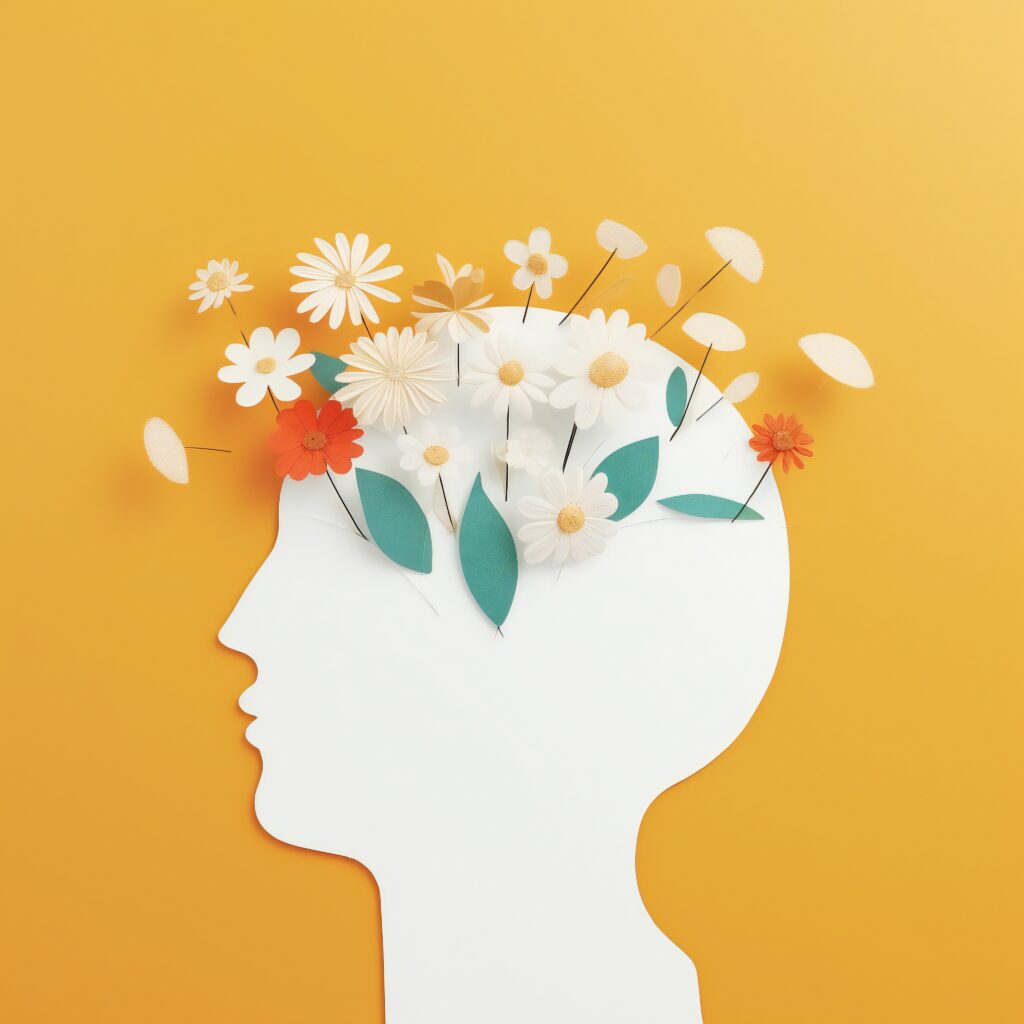
Adopting an “attitude of gratitude” is encouraged for people in 12-step recovery programs. Creating a gratitude list is a daily practice used by many to pay attention to the positive things in their lives and recovery journey. Gratitude is also a practice promoted more and more in wellness and self-help communities. But how does gratitude help improve mental health, and more specifically, help those experiencing mental health issues or substance use disorders?
Research suggests that cultivating a sense of gratitude can have profound effects on mental well-being. In the post below, we’ve explored some of the science behind gratitude and its positive impact on mental health.
Gratitude and Brain Function
Numerous studies have delved into the neurological effects of gratitude. A 2015 study used fMRI scans to observe brain activity in individuals practicing gratitude. The findings revealed heightened activity in the prefrontal cortex, a region associated with decision-making, emotions, and social behavior. This suggests that expressing gratitude may contribute to improved emotional regulation and decision-making skills.
Additionally, a 2008 study using similar methods found that gratitude can boost the neurotransmitter serotonin and activate the brain stem to produce dopamine, the brain’s pleasure chemical.
Gratitude and Stress Reduction
Chronic stress is a pervasive issue in modern society and can be particularly detrimental to those affected by mood disorders or substance use disorders. The Journal of Personality and Social Psychology published a study in 2003 demonstrating that keeping a gratitude journal significantly lowered stress levels. Participants who recorded daily expressions of gratitude reported fewer symptoms of stress and depression, highlighting the potential of gratitude as a stress management tool.
Gratitude and Relationships
Positive social connections are integral to mental well-being, especially for those who may already feel isolated from poor mental health or drug use. A study from 2010, which investigated the impact of gratitude on social relationships, indicated that expressing gratitude not only strengthened existing relationships but also fostered the formation of new connections. Healthy social interactions, in turn, contribute to improved mental health and further positive health outcomes.
Gratitude and Sleep Quality
Quality sleep is essential for mental and emotional resilience. A 2009 study published in “Applied Psychology: Health and Well-Being” found that a nightly gratitude practice positively influenced sleep quality and duration. Participants who focused on grateful thoughts before bedtime reported better sleep compared to those who did not engage in gratitude exercises.
Gratitude and Resilience
Resilience, the ability to bounce back from adversity, is a key component of mental health and any type of recovery from substance use. A research article in the “Journal of Happiness Studies” explored the relationship between gratitude and resilience. The study concluded that individuals with a grateful outlook exhibited greater resilience, suggesting that gratitude may act as a protective factor against the negative effects of life stressors.
Conclusion
The scientific evidence supporting the mental health benefits of gratitude is compelling. From influencing brain function to reducing stress, fostering social connections, improving sleep quality, and enhancing resilience, gratitude emerges as a versatile and accessible tool for promoting well-being for all people, not only those in addiction recovery. Incorporating simple gratitude practices into daily life, such as keeping a gratitude journal or expressing thanks to others, may contribute to a happier and more mentally resilient existence.





